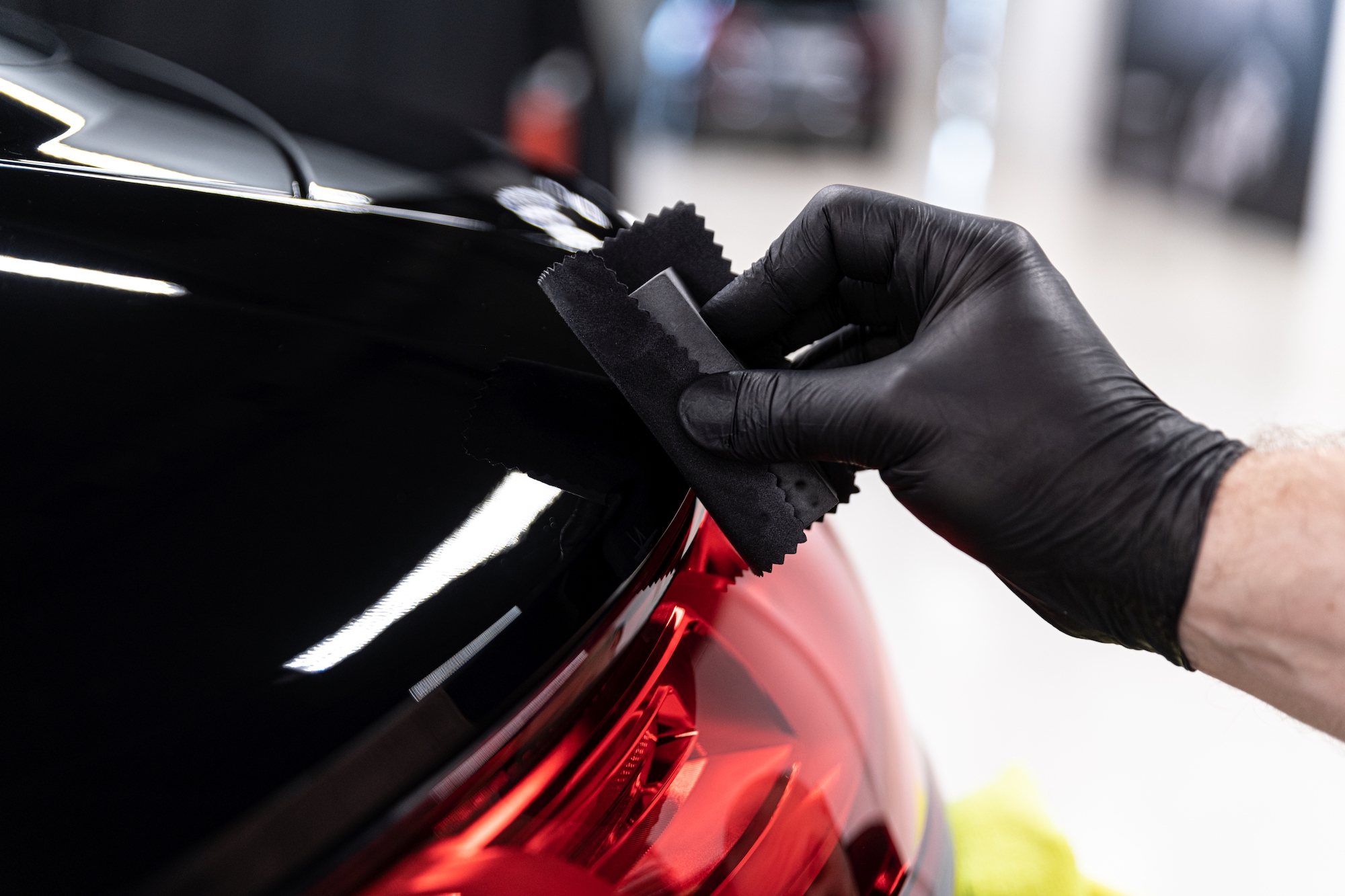What Your Vehicle’s History is Telling You (& What It Isn’t)

All cars have a “first and last name,” but we are not referring to the make and model but to their VIN. The Vehicle Identification Number VIN is an international standard comprising 17 alphanumeric characters that allow you specifically and uniquely identify a car and verify its legality.
The VIN is like a fingerprint of the car, van, truck, or motorcycle, made up of letters and numbers. Depending on the manufacturer, the VIN may be on the driver’s side dash, door edge, or frame B post.
So if you’re buying a used car, a history report or VIN lookup will help you check its vehicular history and verify if it has been stolen, written off, or has outstanding finances.
In addition, knowing more about your prospective vehicle’s history will make the car buying process smoother and give you peace of mind.
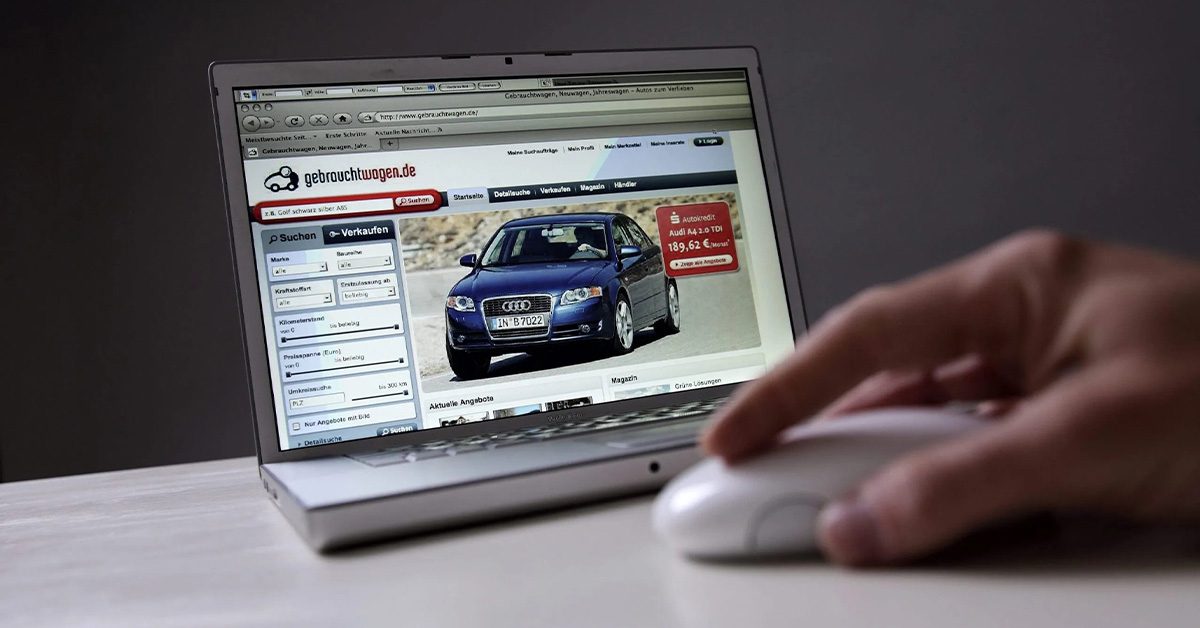
Via MotorBiscuit
What information is included in a typical vehicle history report?
Before buying a used vehicle, it is essential to check its history. A detailed vehicle history report will help you better understand the used car you’re interested in buying. In addition, it will give details into significant events that potential owners should consider, such as:
Major accidents: In a major accident, the damage caused to the car is extensive
Mileage rollback: This means resetting the odometer to edit the car’s mileage
Multiple owners: There’s no definitive answer as to how many owners are considered “multiple,” but cars with fewer owners are likely to be better maintained and preserved.
Structural damage: A history report can shed light if a pre-owned vehicle has been in a wreck and whether any structural damage was reported
Vehicle service history: history reports will often show when and where major periodic maintenance and other repairs were performed.
Previous use of the car: Rental Lease, Personal, Taxi, or Police
Total Loss: If the vehicle suffered damage to be declared “total loss” by the insurance company
Rebuilt: A vehicle can receive a rebuilt title if it’s been declared a total loss by an insurance company
Flood Damage: A vehicle history report may state whether a car has been flood-damaged.
Airbag Deployment: You can check if a user’s car airbag has been deployed through the car’s accident history
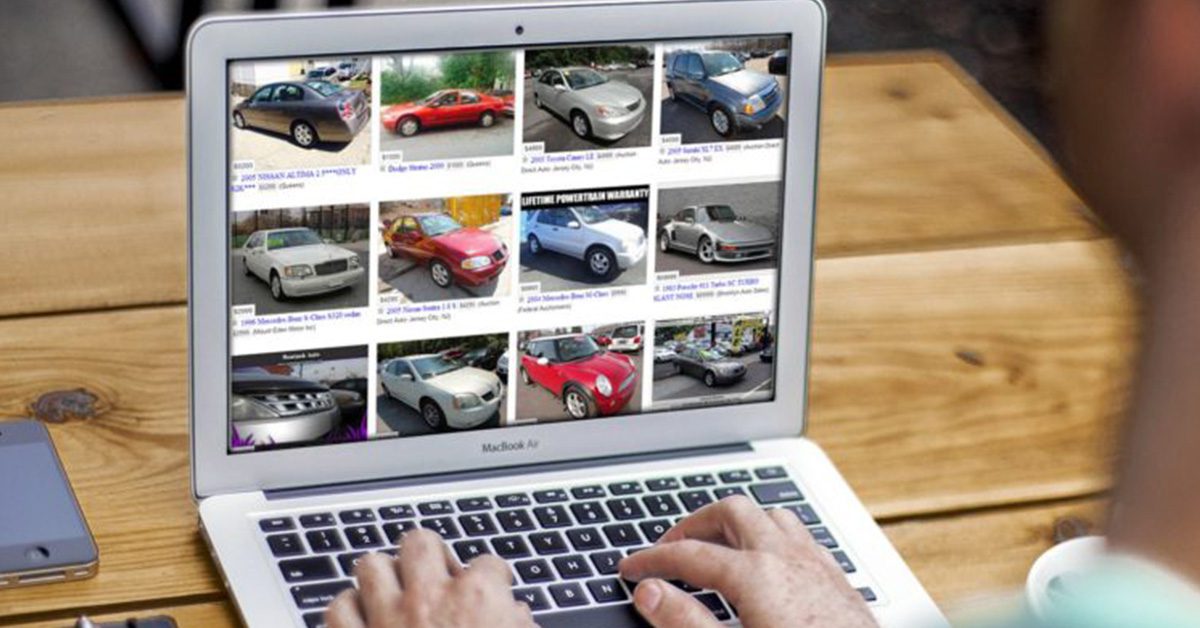
Via Techmende
Salvaged: A vehicle priced well below comparable makes and models is a common signal that the car may have a salvage branding.
Hail damage: Hail damage will appear on your car history report, but only if the hail damage is claimed
Branded a lemon: A lemon law vehicle is a car that supposedly has a defect that a franchise dealer could not fix after at least three attempts.
Last reported mileage: Know how much the mileage was and the last time it was reported to compare it with the current one.
Junked: Learn if a used car was declared a junk car, also known as a scrap car.
State-owned: A state vehicle is any vehicle owned by a state or department or any vehicle leased or rented by the state.
Length of ownership: You can find out how long a used car has belonged to its previous owners.
Estimated miles driven per year: Average annual miles indicate the number of miles drivers typically travel during the year. You can use this number to determine whether a vehicle gets used less than or more than usual.
Not actual mileage: This refers to cars that, due to a fault of the car itself or a malicious act, the vehicle’s actual mileage is unknown or uncertain.
Recall information: You can check different databases for all VIN-specific recall information on a used car
Warranty information: Check if a used vehicle is still under the manufacturer’s warranty.
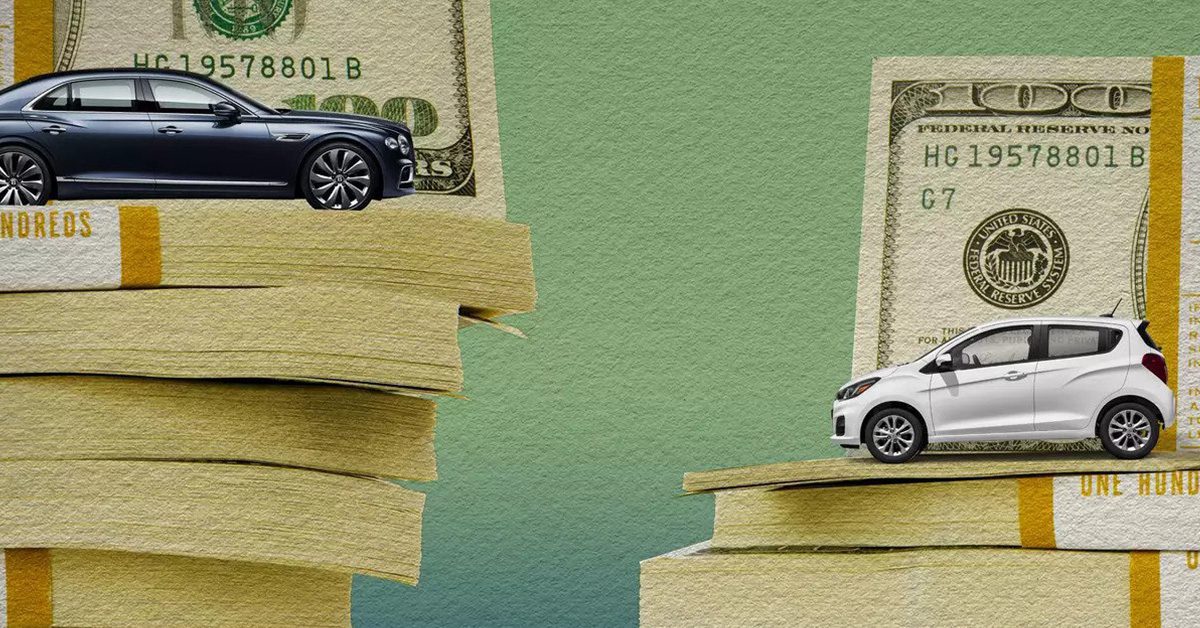
Via Cars
What parts of the report are the most important (and why)
The mileage
One of the most essential things a history report will tell you is the vehicle’s estimated mileage. But, first, you must determine if the reported miles on the report match the mileage on the odometer. If there is a considerable discrepancy, there is a reason to suspect someone has tampered with the odometer.
The Number of Owners
A vehicle that has changed hands too many times could hide a problem that was easier to pass to someone else than fix. So, if a prospective car has had multiple owners or owners in different states, there is reason to suspect. In that case, be diligent and take your time and investigate past owners thoroughly before committing to a purchase.
Service History
Dealerships and service centers typically report each visit to their establishment for routine maintenance like oil changes, brakes, and repairs and recalls. The purpose of these records is to help vehicle owners in their record-keeping. Still, it also helps potential buyers by proving that the previous owners adequately maintained and cared for the vehicle.
Note that most car reports are region-specific. For example, CarFax is common in the USA, whereas in the UK, you may use a company like Car Check for your history report.

Via JD Power
What ISN’T the report telling you?
There is a lot of detailed information that you can find in a used car vehicle history report. But, unfortunately, there are also many pieces of information that the report isn’t telling you.
For instance, if a previous owner replaced parts, you won’t be able to tell if they used good quality parts unless you know your way around a car and check it yourself or take it to a mechanic.
Also, suppose the car was used for illegal activities but was never confiscated or logged by the authorities. In that case, there is no way you can find any information on a car history report that would shed light on what the car was used for by previous owners.
A car history report will not tell you if the car is on the brink of mechanical failure. The vehicle may look in good shape and feel great to drive, but a mechanical failure can happen unexpectedly.
Nor will you be able to know for sure how the car was driven. But, of course, the mechanical and physical condition speaks volumes about the driving habits of the previous owners. Still, even a car driven hard can be kept in relatively good shape if given proper care and service.
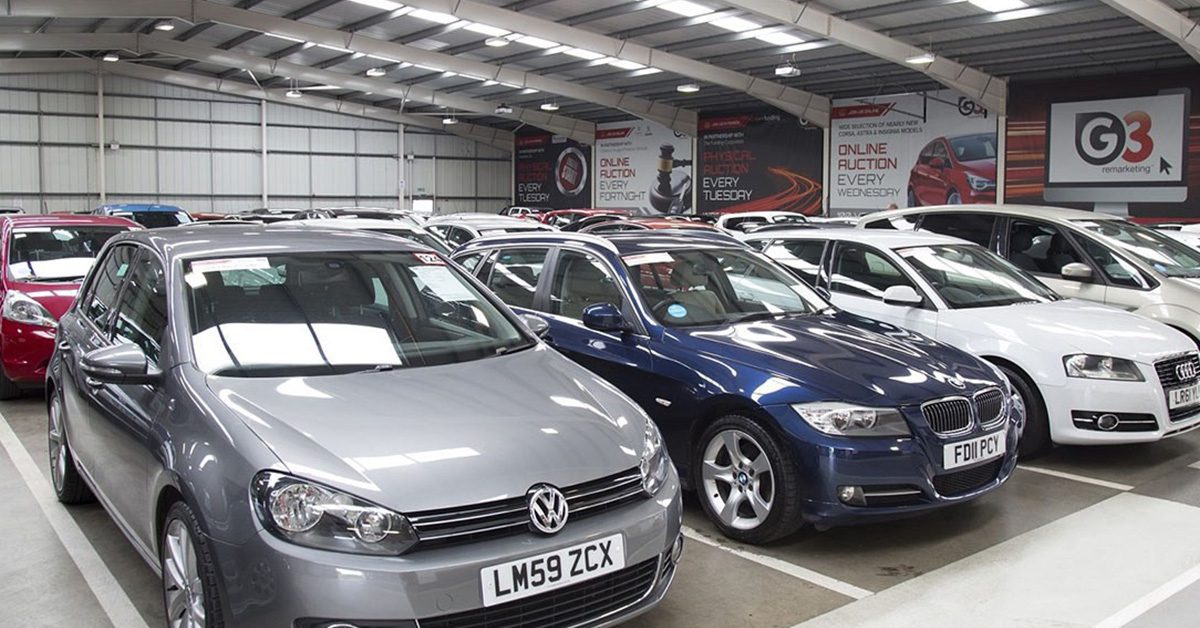
Viva Medium
How can a report benefit a car buyer?
A vehicle history report is a crucial step in any used car purchase. It offers a wealth of information for potential buyers to decide whether to buy the vehicle and how much they should pay.
Additionally, having reliable information about the vehicle you are looking to buy also gives you the confidence that this car isn’t hiding unpleasant surprises such as unforeseen mechanical or legal problems.
Buying a used car can be daunting, especially when we consider all the things that can go wrong. And although it is not a legal requirement to check a vehicle’s history before buying it, you can instantly get peace of mind by doing so.
So, it’s always best to do your due diligence and check what a prospective vehicle’s history tells you before pulling the trigger on your new used car.




